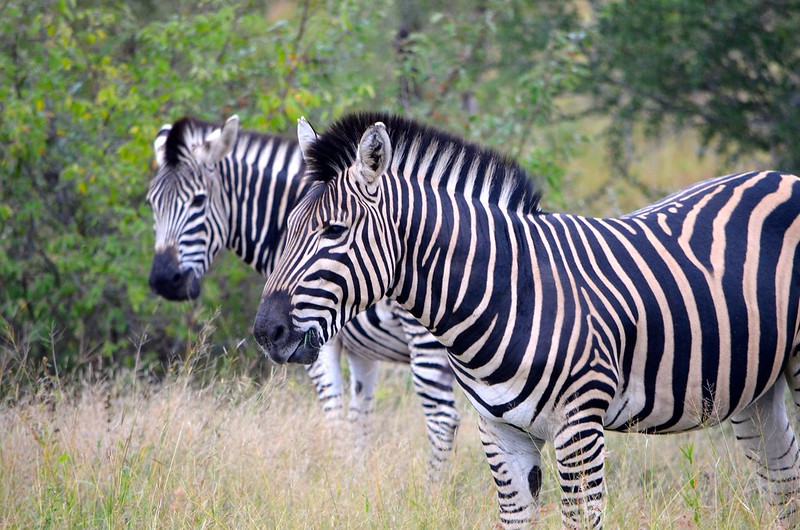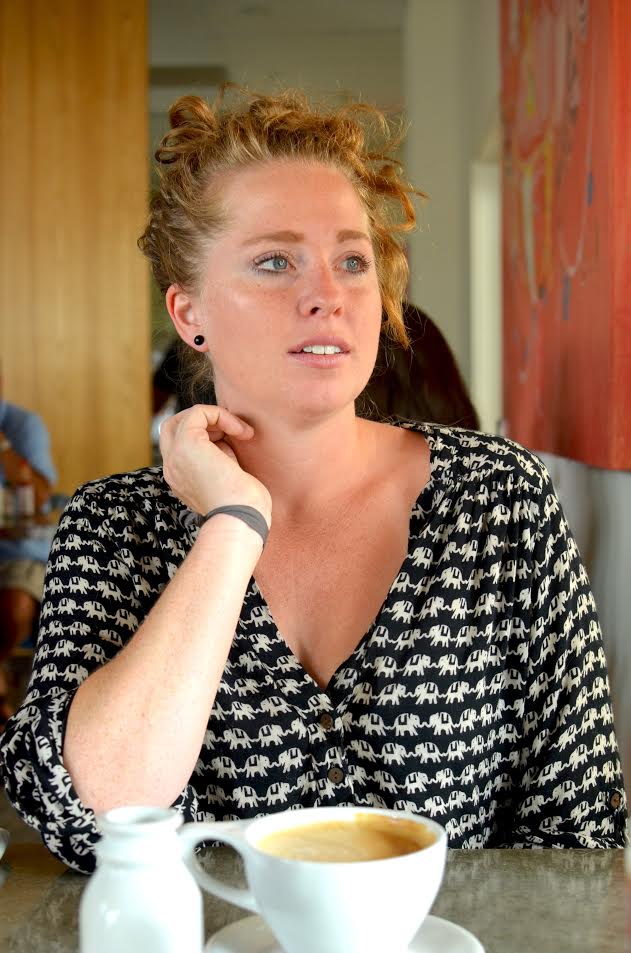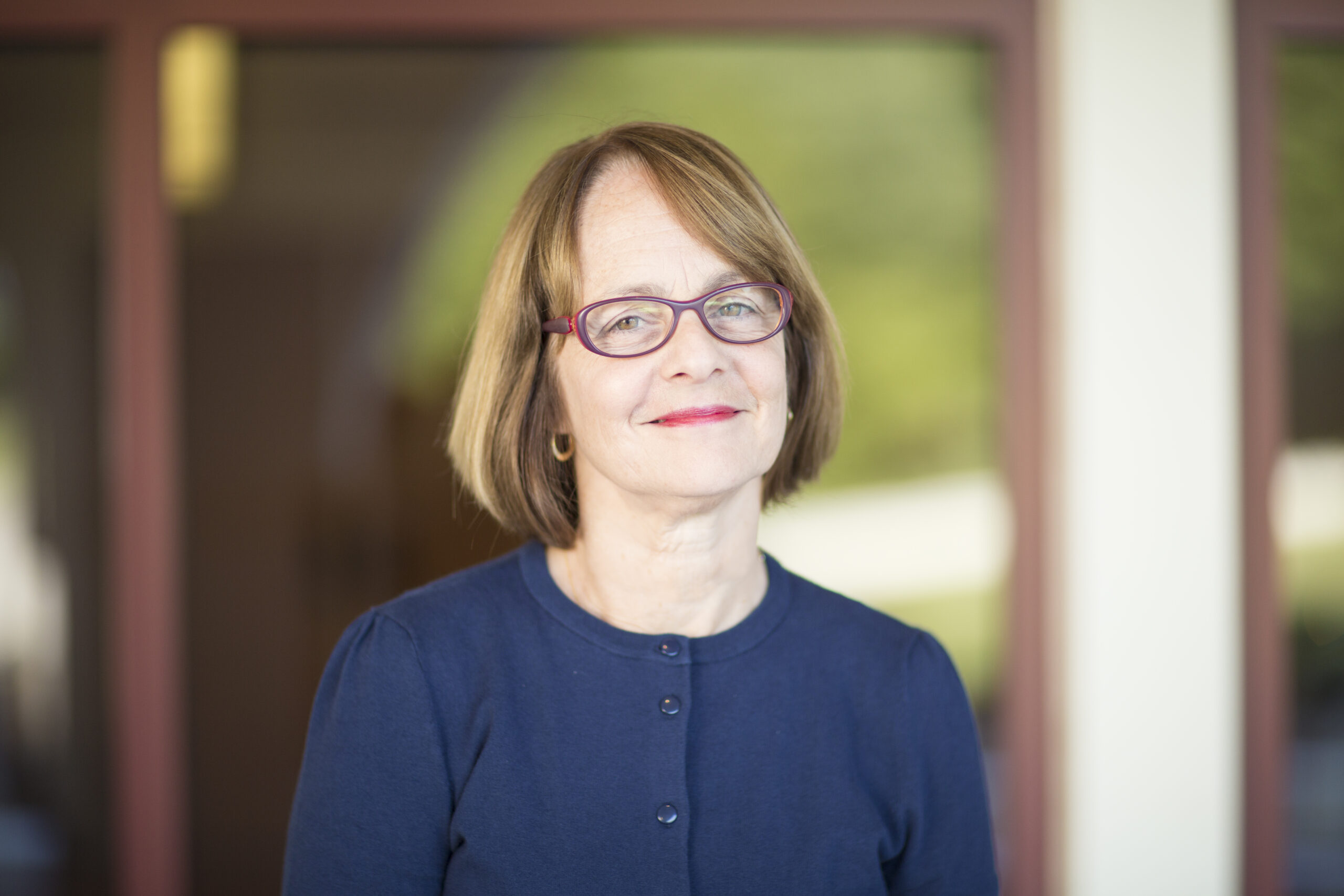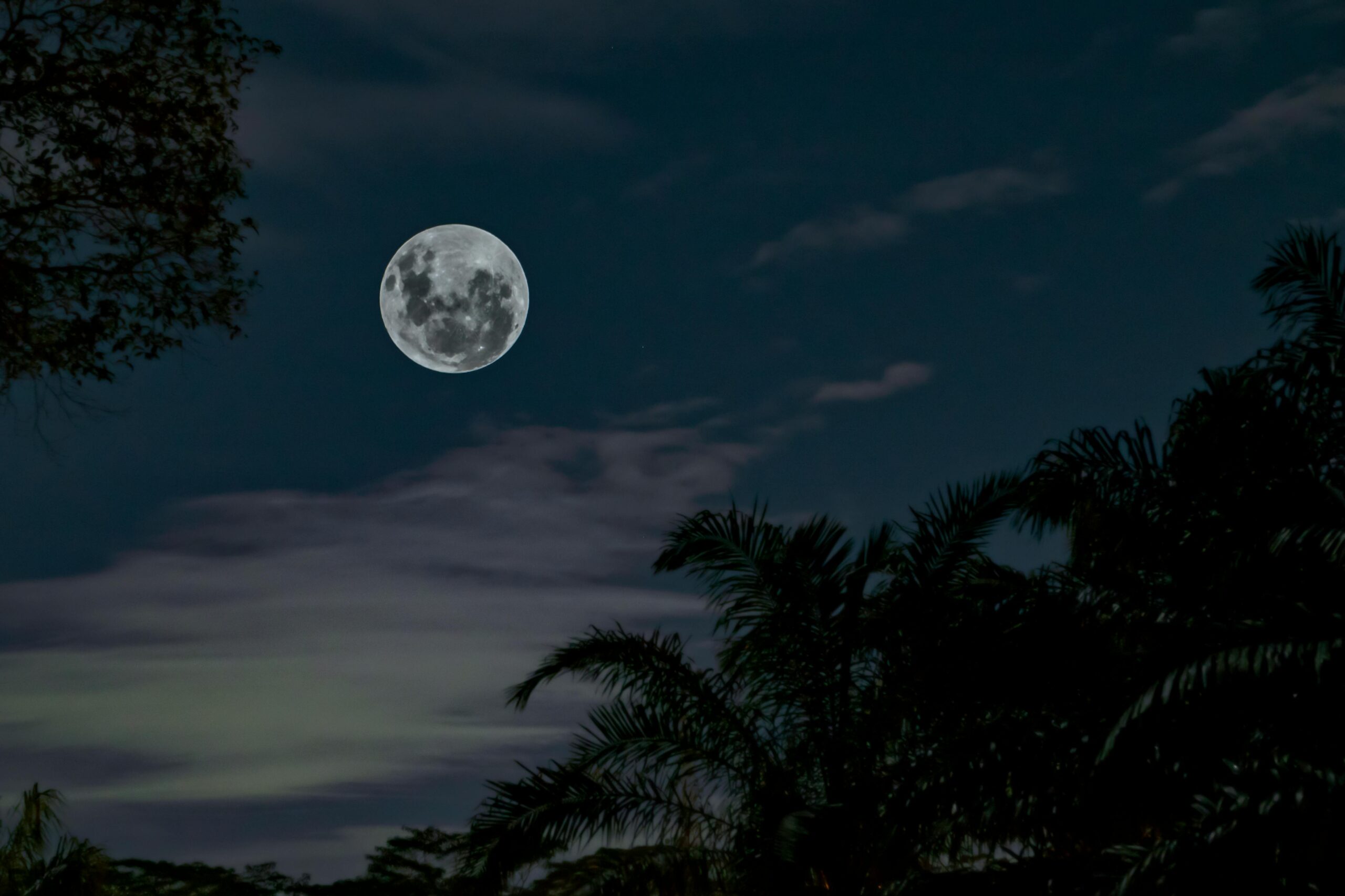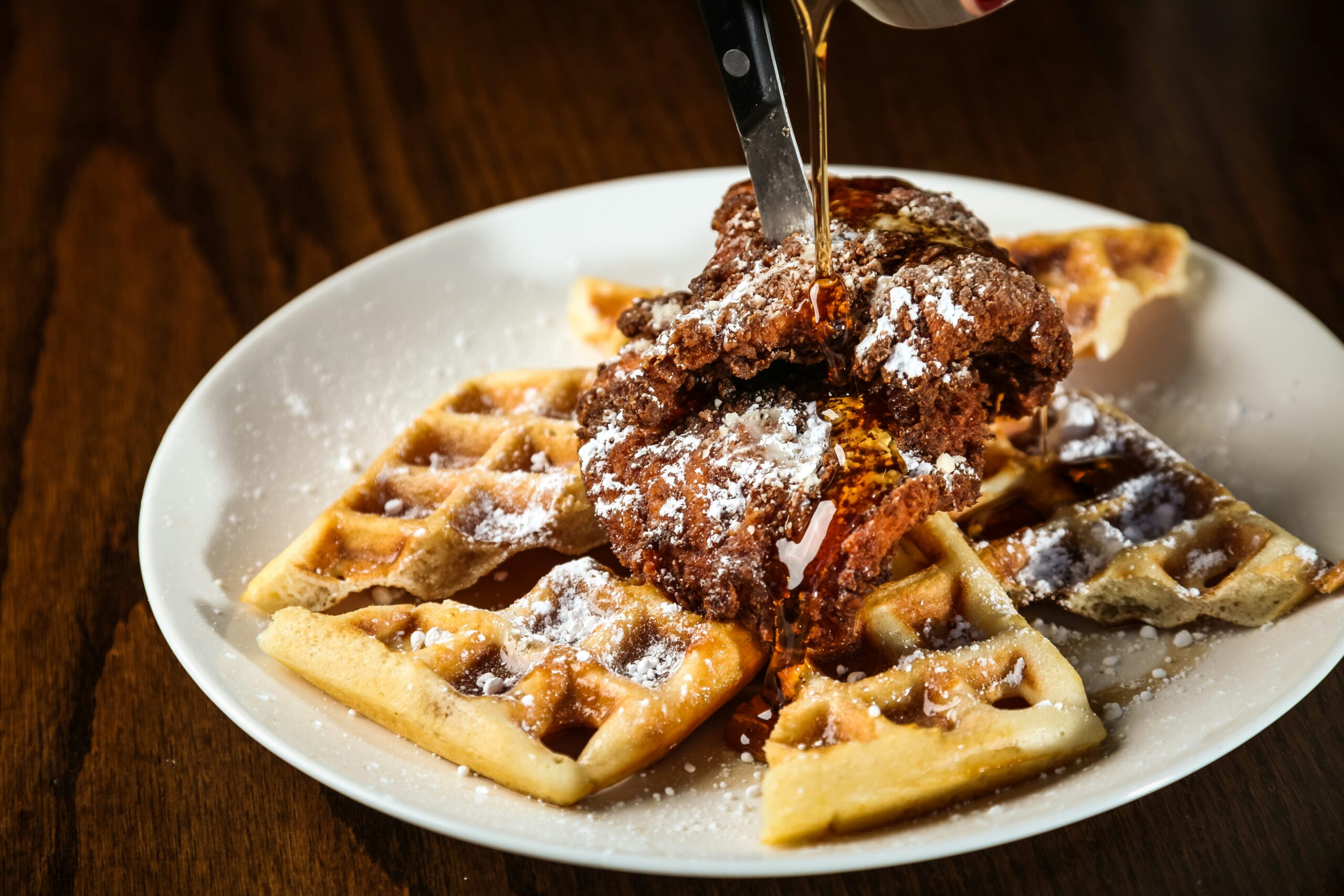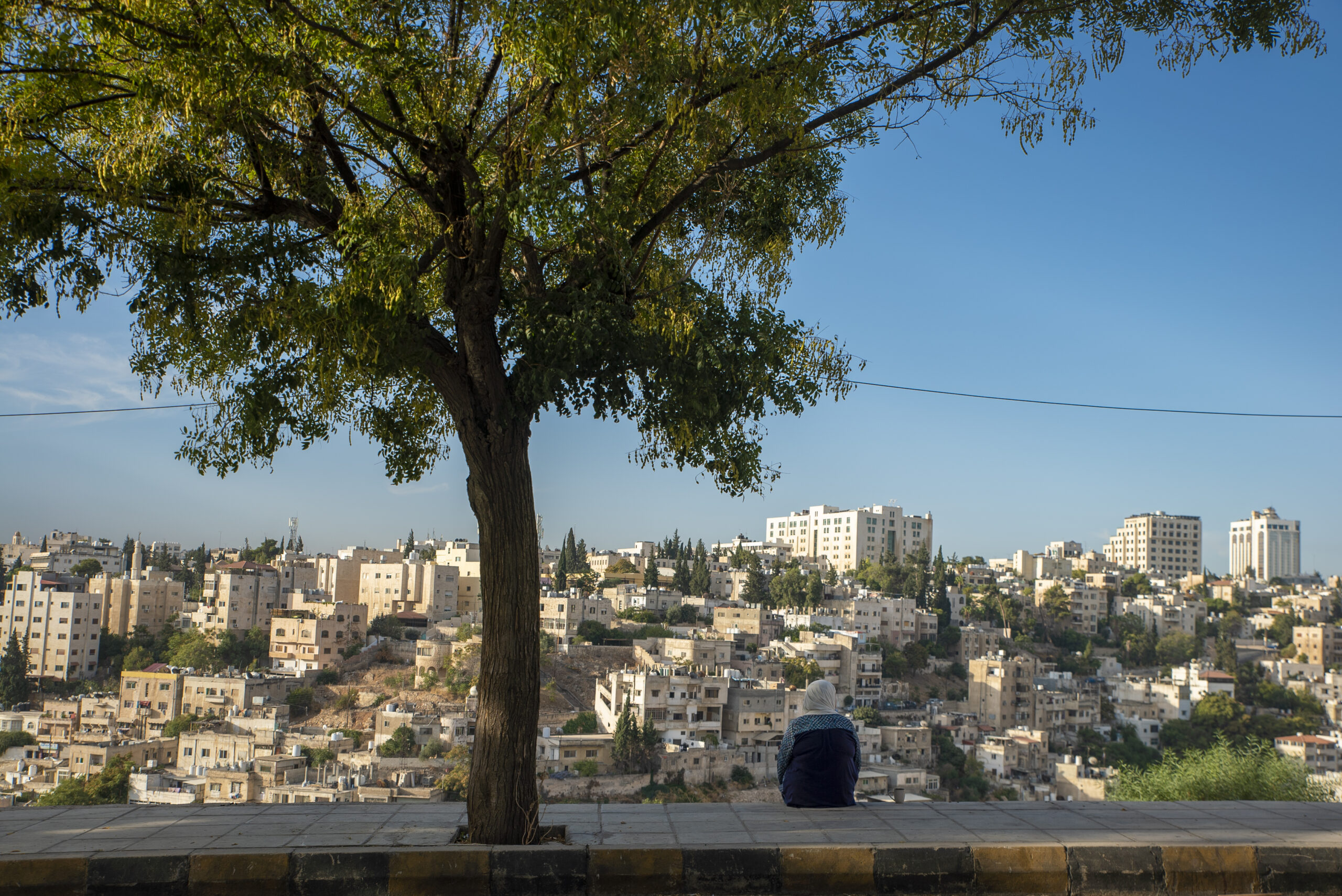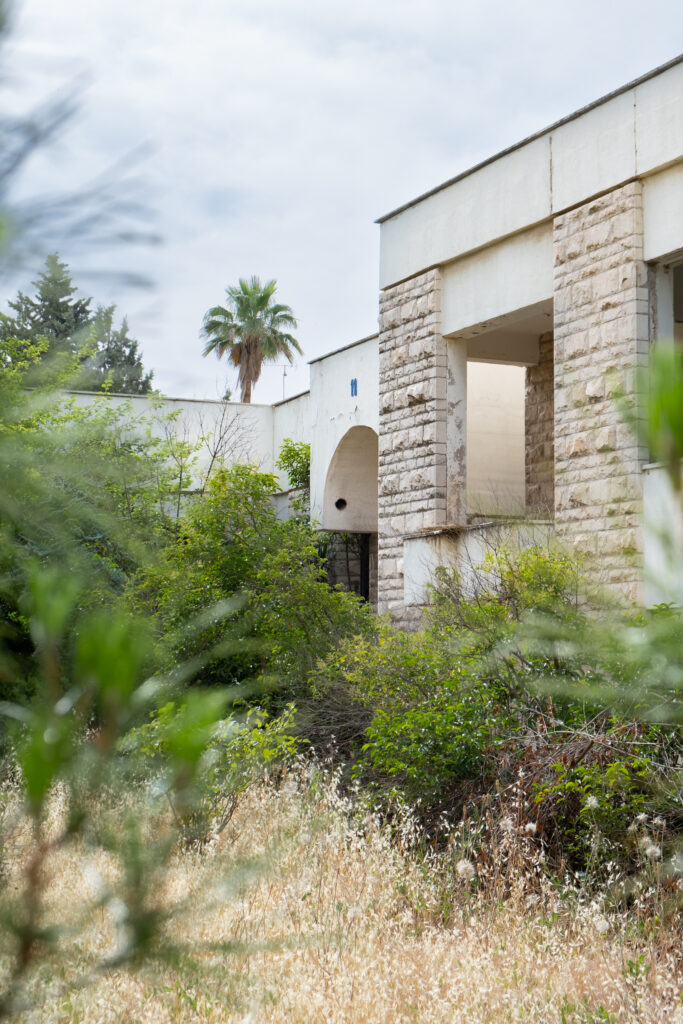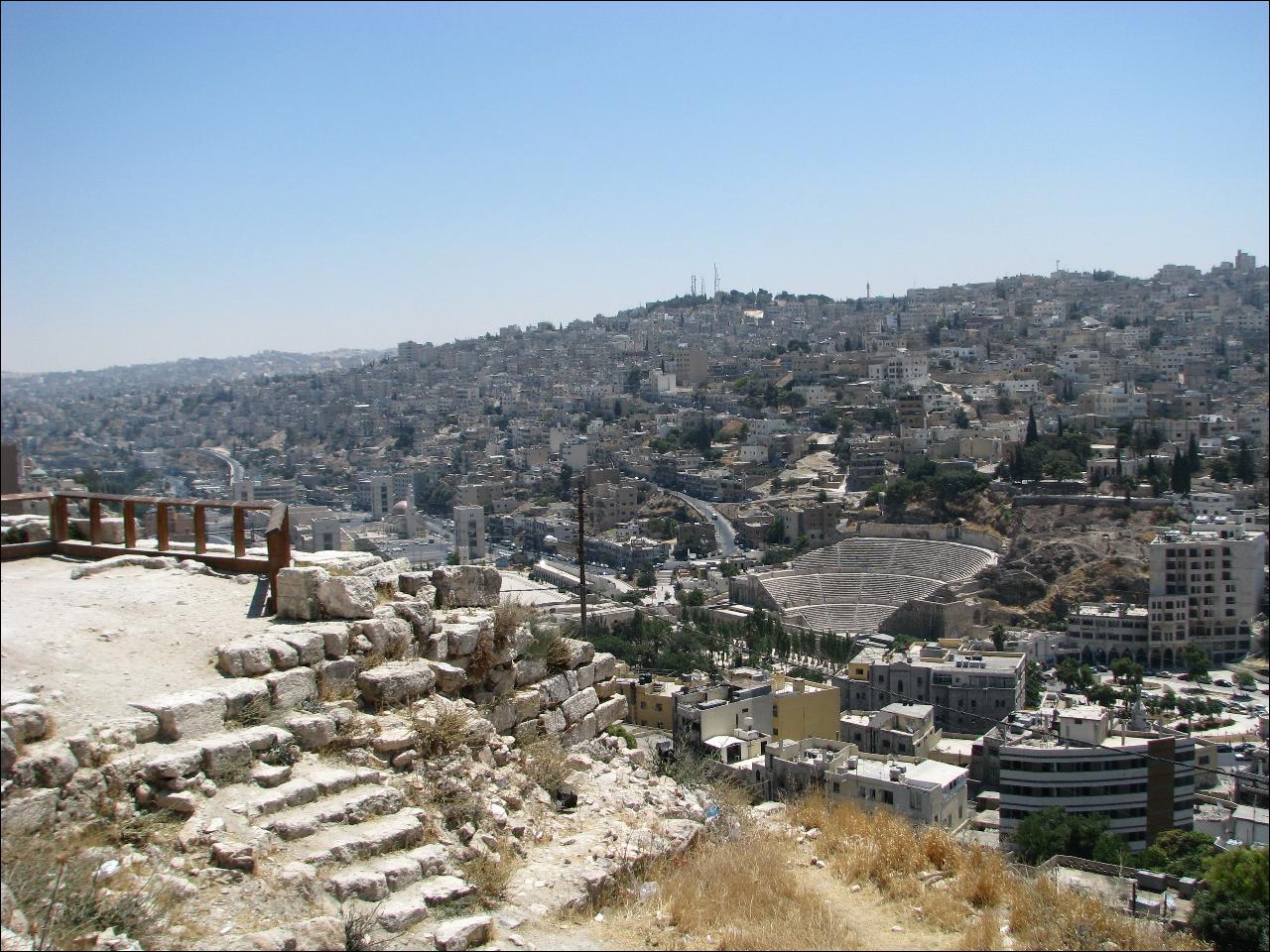We traveled as a group to Kenya on assignment to photograph zebra in complete abstraction, or the pores around the elephant’s flickering eyelid, or herds of giraffe clustered around salt licks like politicians deciding the fate of the country. We also drank. Fred, a Texan beer-sipper, always used a longer lens than the job needed. He worked in advertising, which meant that an assignment like this was his big chance to express himself. Franco bore his drink and our presence sardonically, a finger to the ear and always a story to accompany his glass of wine, usually about a donkey and metaphysics. It wasn’t a donkey after all was often the punchline. He was important enough that he could invite Heinemann to tag along on the trip. Heinemann’s wife was tending to an extremely pregnant NGO daughter, an activity that offered little for him, he said, personally. He was a professional magician elsewhere, not a photographer. But he was also very adept in the academic world, with an air of abstraction that suggested he had cleared collegiate hurdles in boredom. He drank vodka well. As for me, I drank gin and tonics as if they would stop malaria in its tracks. I had a name in photography, but after shooting the body for decades, my work had begun to disappear. A woman the men’s age, I had become invisible, as if I were left in too little fix.
Photography made Heinemann uncomfortable; he was an expert in everything else, or else he pleased his friend Franco by demurring to his opinion. The rest of us declaimed as if we knew every ABC in the book, but really Heinemann was the one we all envied with his academic paycheck, as evidenced by our earnest critiques of his amateurish attempts at taking pictures. Your gloating hyena is too hackneyed, we argued, the baobab against the sunset too obscene, and the dancing women adorned in beads and gold cloth are far too pretty to be pithy. Heinemann laughed and pulled a coin out of Fred’s ear. Advertising! he exclaimed. He settled on photographing the steam pouring over the car engine.
